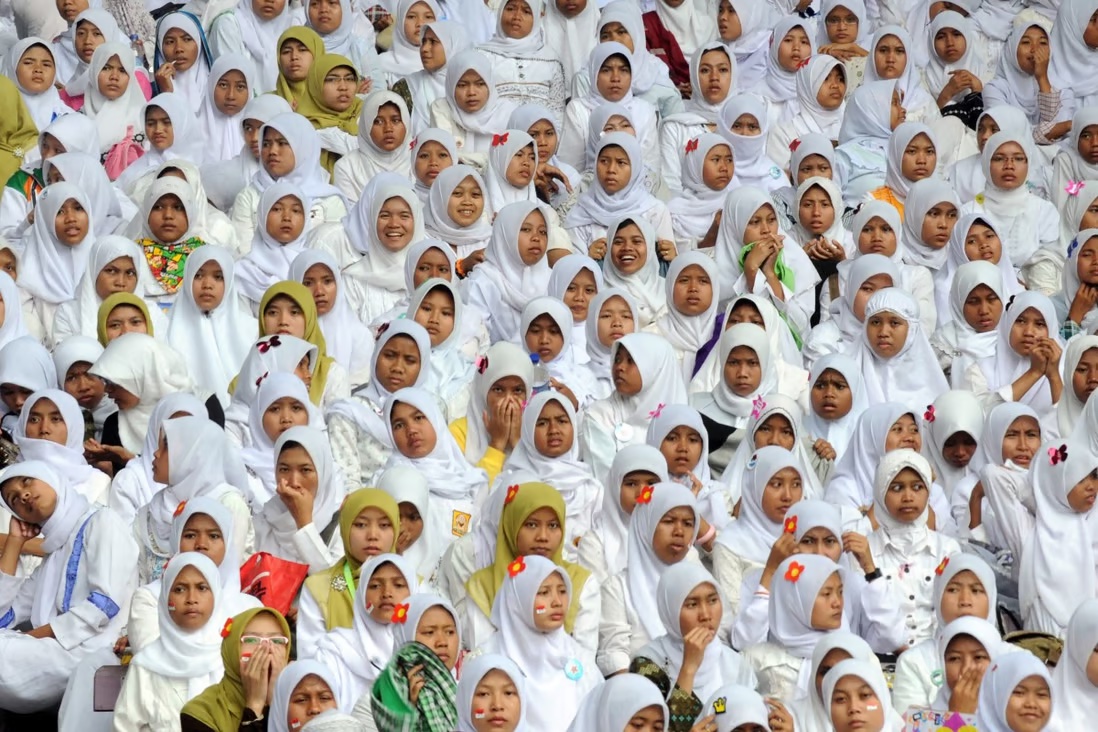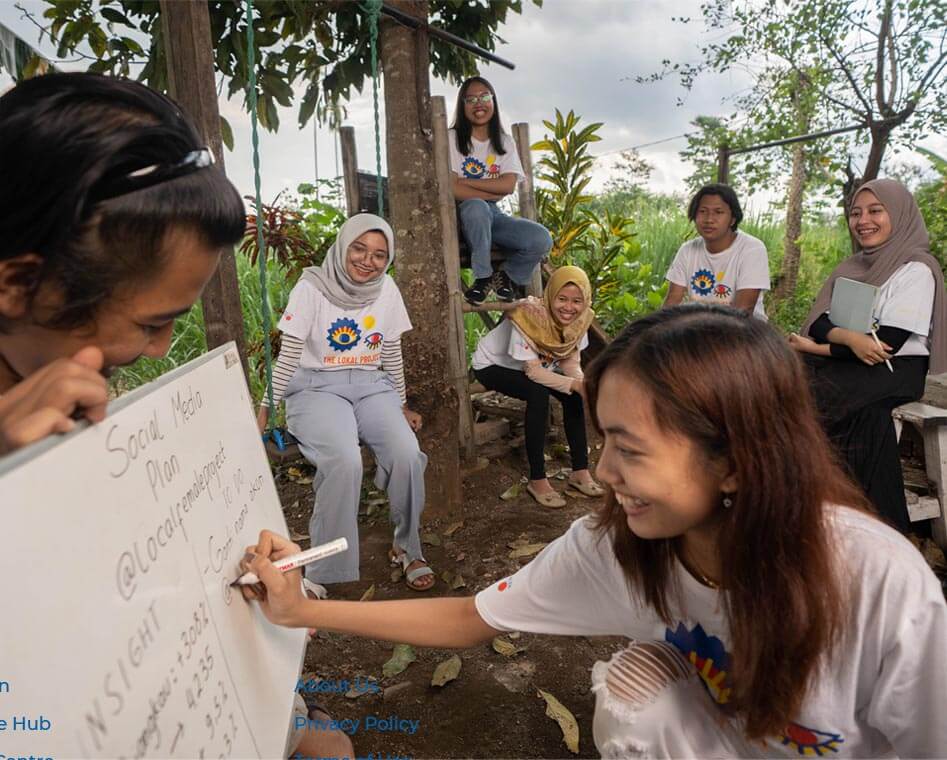Indonesian women’s ‘long and difficult’ journey to deradicalisation in fight against extremism

Nisfi Lailatin was only a teenager when she was groomed by an extremist Muslim group, but with her uncle’s help, she is on the path to deradicalisation.
Despite rise in number of women in extremist cells, many more others are key to preventing radicalism and rehabilitation work in Indonesia, experts say.
This is the second in a series of three stories on the role of women in peacebuilding efforts and security across Asia.
Wearing a grey hijab, and light red lipstick along with a salmon eyeshadow, Nisfi Lailatin is smiling confidently. But she wasn’t always like that.
While still a teenager, a friend introduced her to an extremist Muslim group – from that point on, her life was turned upside down.
Now, at the age of 22, she shares her path to deradicalisation, “a long and difficult” journey that was only possible with the support of her uncle.
The increased role of radical female militants in Indonesia has been highlighted in recent events. In October an armed woman tried to break into Indonesia’s presidential palace. Last year, two terrorist attacks involved women – a newlywed couple carried out a suicide bombing at a cathedral, and a 25- year-old university dropout opened fire at o!cers at Jakarta’s national police headquarters.

